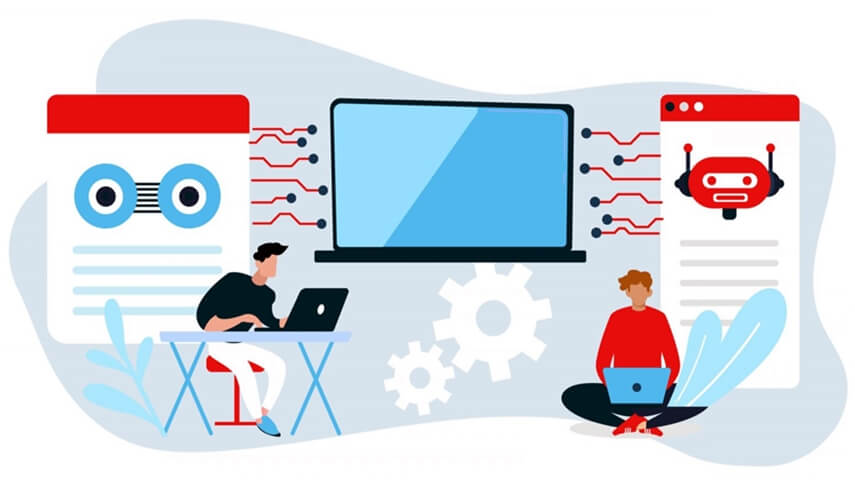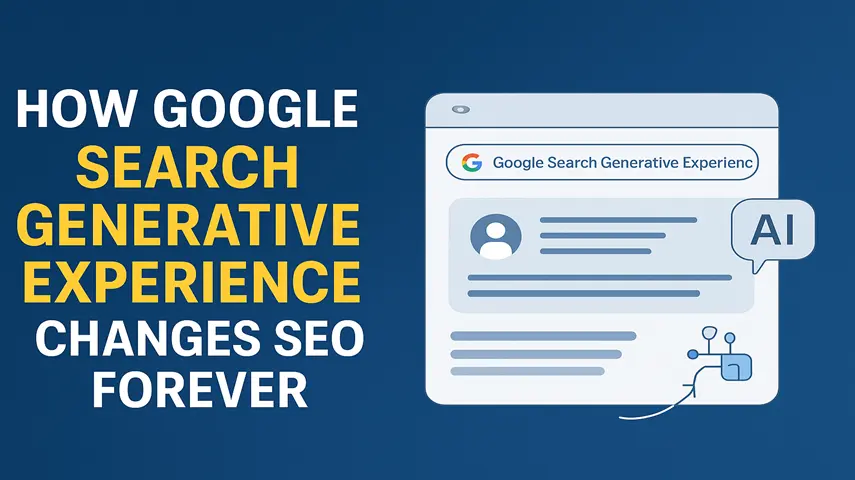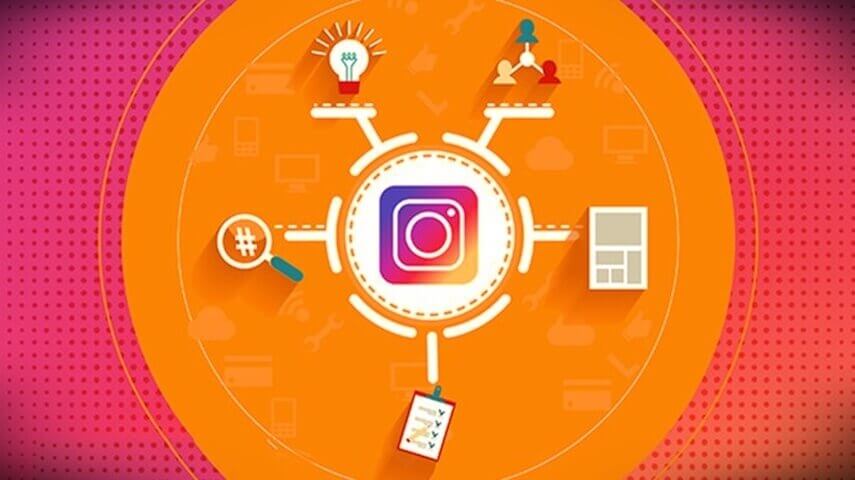What is Artificial Intelligence?
Artificial Intelligence (AI) is a branch of computer science that deals with the creation of intelligent machines that work and learn like humans. It involves developing algorithms and computational models that can perform tasks that typically require human intelligence, such as recognizing patterns, making predictions, and understanding natural language. The goal of AI is to create systems that can perform tasks that would normally require human intelligence, such as recognizing speech, making decisions, and solving problems.
AI technologies can be broadly categorized into two categories: narrow or weak AI, which is designed to perform specific tasks, and general or strong AI, which has the ability to perform any intellectual task that a human can. Some of the most common applications of AI include speech recognition, image recognition, natural language processing, and machine learning.
With the growth of big data and the increasing availability of computing power, Artificial Intelligence is becoming more accessible and is being applied in a growing number of industries, including healthcare, finance, and retail. AI has the potential to transform the way we live and work, offering new and innovative solutions to some of the world’s biggest challenges.
Digital marketing has always been about data and insights, but with AI, the volume and complexity of data has increased dramatically, and the insights that can be gleaned from that data are becoming increasingly sophisticated. Artificial Intelligence algorithms can analyze vast amounts of data in real-time, identify patterns, and make predictions that are driving new levels of customer engagement and conversion rates.
In this article, we’ll take a closer look at how AI is revolutionizing digital marketing and what businesses can expect from this technology in the coming years.
1. Automated Campaign Management
One of the most significant advantages of AI in digital marketing is its ability to automate many of the manual and repetitive tasks that marketers used to spend hours on. With AI, businesses can now automate campaign management, freeing up their time to focus on more strategic and creative tasks.
For example, AI can be used to automatically create ad copy and images, analyze customer behavior, and even make decisions about how to allocate budgets. This level of automation not only saves time but also ensures that campaigns are executed more efficiently, consistently, and effectively.
2. Personalized Customer Experiences
Another benefit of AI in digital marketing is its ability to deliver highly personalized experiences to customers. With machine learning algorithms, businesses can analyze customer behavior, preferences, and habits to deliver customized content, products, and experiences. This level of personalization creates a more engaging and satisfying customer experience, leading to higher conversion rates and customer loyalty.
For example, AI-powered chatbots can interact with customers and answer their questions in real-time, while machine learning algorithms can analyze customer behavior to identify their preferences and make recommendations. With this level of personalization, businesses can create a more meaningful connection with their customers and improve their overall experience.
3. Advanced Analytics
Finally, AI is also revolutionizing the way we measure the success of our digital marketing campaigns. With advanced analytics tools, we can now track the entire customer journey, from initial engagement to purchase. This gives us a much deeper understanding of what’s working and what’s not, allowing us to make more informed decisions about how to optimize our campaigns for better results.
For example, AI-powered predictive analytics can analyze customer behavior and make predictions about future behavior. This information can be used to identify the most effective marketing strategies, improve customer engagement, and increase conversion rates.
4. Improved Customer Segmentation
One of the biggest challenges in digital marketing is reaching the right audience with the right message. AI algorithms can analyze vast amounts of data to identify customer segments, understand their behavior and preferences, and deliver highly targeted and personalized messages. This level of segmentation can improve the effectiveness of marketing campaigns, increase engagement, and drive better results.
5. Voice Search Optimization
Voice search is becoming increasingly popular, and AI is helping businesses to optimize their digital marketing efforts for this new channel. AI algorithms can analyze customer behavior and preferences to deliver highly targeted and personalized content and experiences, even when customers are using voice search.
For example, AI algorithms can analyze customer questions and provide answers in real-time, delivering a seamless voice search experience that is optimized for the customer.
Conclusion
In conclusion, Artificial Intelligence is having a major impact on the digital marketing industry, offering new opportunities for businesses to connect with their customers in innovative and meaningful ways. From automating campaign management to delivering personalized customer experiences, Artificial Intelligence is transforming the way digital marketing is done. With advanced analytics and improved customer segmentation, businesses can make more informed decisions and drive better results.
The rise of voice search and the growing importance of customer data privacy are just a few of the many challenges that AI is helping businesses to overcome. As AI continues to evolve, it’s clear that it will play an increasingly important role in the future of digital marketing, helping businesses to create better, more engaging experiences for their customers.




